Mumbai, India's financial capital, accommodates the world’s wealthiest businessmen and the poorest of immigrant workers. The city is filled with rags-to-riches stories and is heavy with impossible aspirations. Just like New York, Mumbai is strengthened and re-defined by immigrants from different corners of the world who come in search for better opportunities. This comes with unavoidable challenges of loneliness, inequality and increasing criminal activities.
Films set in Mumbai contextualizes the city’s culture of ambition and loneliness as characters look for love, acceptance and self-worth. Here are 10 films shot in Mumbai that capture the city’s undying spirit to dream big as it struggles with loneliness and lawlessness.
10 Slumdog Millionaire

Slumdog Millionaire is a love story amidst the chaos of crime and chance in Mumbai. Danny Boyle directed the film, which was loosely based on the novel Q&A, written by Vikas Swaroop. The film shows the life of Jamal Malik, who resides with his brother Salim in the slums of Juhu, Mumbai. He is shown as a young boy growing up amidst riots, gangsters, poverty, and prostitution in the slum. His mother dies in the Bombay riots, and the two brothers try to escape. Jamal tries to save a young girl, Latika, but his brother abandons her.
The film follows the unusual odyssey Jamal takes to find Latika as an adult as he enters the Indian version of the game show Who Wants to Be a Millionaire? The film won Best Picture, Best Director and Best Adapted Screenplay at the Academy Awards. Slumdog Millionaire captures the survivalist spirit of the slum dwellers in Mumbai living in harrowing living conditions but holding on to love, luck, and dreams that makes the city of Mumbai.
9 Salaam Bombay!
Salaam Bombay! is set in the same universe as Slumdog Millionaire. Directed by Mira Nair, the film focused on the harsh lives and the broken dreams of children living in the slums of Mumbai. It follows 11-year-old Krishna, who is constantly bullied by his brother. After he burns his brother’s motorbike out of frustration, his mother leaves him in the circus and asks him to return only when he earns enough money to repair the bike. Krishna is lost on the way and ends up in Bombay’s notorious red-light area of Falkland Road. He looks for a foster family in the slum and befriends the drug dealer Chillum and a young prostitute named Sola Saal. He works at a tea stall to make enough money to repay his family’s debt.
The film has several dark themes of child labor, prostitution, and substance abuse, which are shown as everyday life activities with a slice-of-life tone, where most characters have accepted their doomed fate and show no interest in coming out of their miseries.
8 Court
Chaitanya Tamhane’s Court is a legal drama which explores the slow-moving Indian legal system with social activism and Mumbai’s caste politics as its backdrop. The film was the directorial debut of Chaitanya Tamhane, who later directed the internationally-acclaimed film, The Disciple. The film’s protagonist is a poor social activist who spreads his message through folk songs. He is arrested after he is accused of inciting a sewage worker’s suicide through one of his songs.
The plot follows as the case is fought in the court with the opposing ideologies of the lawyers worshipping and villainizing the activist. The film does not antagonize the lawyers by showing that they are doing a thankless job under the Indian Judiciary, no matter which side they choose. The film was critically acclaimed, premiered at the Venice Film Festival and won the Best Film under the Horizons category.
7 Maqbool
Maqbool is the Indian adaptation of Macbeth, directed by Vishal Bharadwaj. The film was the first instalment of Bharadwaj’s Shakespearean trilogy, followed by Omkara and Haider. The film adapts Macbeth with the backdrop of Mumbai’s underworld, with Pankaj Kapoor playing the leader of the crime ring, Jahangir Khan. Irrfan Khan plays the titular character of Maqbool, Jahangir’s loyal son.
Things take an ugly turn after Maqbool falls for his father’s mistress, Nimmi, who manipulates him to murder his father and take over his throne in the gang. Both are haunted by the ghosts of the lives they claim in hunger for absolute power in Mumbai’s crime scene. The film is known for its musical score and the performances by the leading actors for translating Indian sensibilities into the popular tragic characters.
6 Sir
Sir explores love that breaks class barriers. The film contextualizes the inequality between Ashwin, and his housemaid, Sabina, once they fall in love. Inter-class romances, especially between the upper class and the lower-middle class, is considered taboo in India. Sir challenges the impossibility with an honest romance between a loner and his servant. The actors sensitively portray the characters expressing the safe space the couple share at home to be the source of their feelings for each other. Both come from separate worlds, and Sabina’s life will have irreparable damage if the word gets out. Ashwin confronts reality before things get out of hand and chooses to finance her aspirations. The film is mature in handling the conflict of the relationship without sensationalizing while elevating the mutual respect shared between the two lonesome characters.
5 The Lunch Box
The Lunch Box is an epistolary love story between two loners in Mumbai. Nimrat Kaur plays Ila, a housewife whose life mainly revolves around cooking for her neglectful husband. The film shows Mumbai’s traditional food delivery system of dabbawalas, who deliver home-cooked meals to employees in their office directly from their homes. Ila avails the service regularly to send her husband’s lunchbox to his office, but the delivery goes awry one day. Her lunchbox is swapped and is delivered to a widower instead. They initiate a conversation through letters in the lunchbox and gradually become each other’s confidants. They get close and finally want to meet each other. However, things get awkward between the two. The Lunch Box was internationally acclaimed and is considered one of the best films that portray Mumbai’s intimacy and loneliness.
4 Satya
Satya pays homage to the American gangster genre by adapting Martin Scorsese’s Mean Streets and Goodfella’s in Mumbai’s context. The film was directed by Ram Gopal Verma, a pioneer in the independent filmmaking industry in India. The film follows a young honest man named Satya, who is wrongly accused of a crime and arrested. He is forced into the world of crime for survival but hides his identity when he falls in love with an aspiring singer, Vidya. However, Satya must fight for his life as gang wars in his crime circle increase and all his peers lose their life one after the other.
Satya launched several careers of prolific Indian filmmakers, such as Manoj Bajpayee, who played the erratic Bhiku Mhatre, and Anurag Kashyap, who wrote Satya and later became the director of Gangs of Wasseypur.
3 Life in a… Metro

Life in a… Metro tells interconnecting stories of nine lives living in Mumbai. The director, Anurag Basu, was inspired by Billy Wilder’s romantic comedy The Apartment, where characters have extramarital affairs in an apartment. Life in a… Metro echoes similar themes with couples struggling with monogamy, commitment and heartbreaks. The characters of the film come from different walks of life and age groups. They confront love unexpectedly and have internal battles when it is less than the ideal understanding of love. The film also looks at how one meets the right person at the wrong time and vice versa. When characters meet their perfect partner, at times, it is too late before they realize it.
The film was a commercial success and was considered ahead of its time for showing imperfect love stories which went against the romantic conventions of Bollywood.
2 Wake Up Sid
Wake Up Sid is a coming-of-age film set in Mumbai, directed by Ayan Mukherjee. Sid Mehra, played by Ranbir Kapoor, is an amalgamation of Lloyd from Say Anything… and Sutter from The Spectacular Now. Sid is aimless and is dependent on his parents. He has a sheltered life revolving around his father’s wealth and his friends. He barely studies for his college assignments and takes his privilege for granted. He meets an aspiring writer from Kolkata who comes to Mumbai with big dreams and realizes she is way more ambitious and mature than him. He helps her settle in Mumbai. Sid fails in his final exams and disappoints his parents. His father forces him to join his company, which he fails to do. After having a big fight with his family, he storms away from his house and stays with Ayesha. Sid finally chooses to grow up.
The film was inspired by the director’s personal life which added to authenticity of the story and its characters. The film gives an insight into the lives of the urban elite living in Mumbai and their inability to come out of their comfort zone.
1 Dil Chahta Hai
Wake Up Sid has its ancestral roots in Dil Chahta Hai, another film that echoes the loneliness in the sheltered lives of Mumbai elites. This time, director Farhan Akhtar tells a story of three college friends who resemble the Freudian trio. Akash is the extroverted id, allergic to intimacy, responsibility and hard work. Sameer is the ever-confused ego, who has a hard time saying no to his partner. Sid is the super-ego of the group. He is calm, reasonable and is an independent artist. The three search for love in their own way. Unfortunately, Akash crosses the line with his immaturity after Sid falls in love with an older woman. Their friendship is never the same again.
The film was first of its kind where the rich were shown in sympathetic light as opposed to popular films in India where the wealthy were mainly the antagonist. Dil Chahta Hai’s characters remain relatable as each friend resembles a person everyone knows.
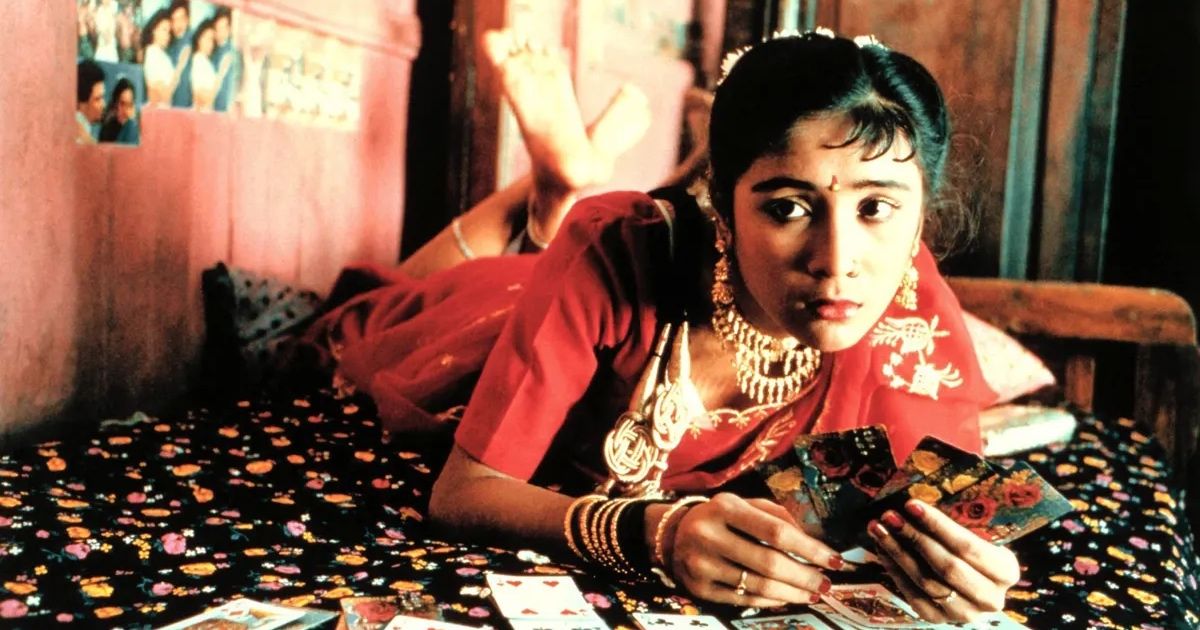

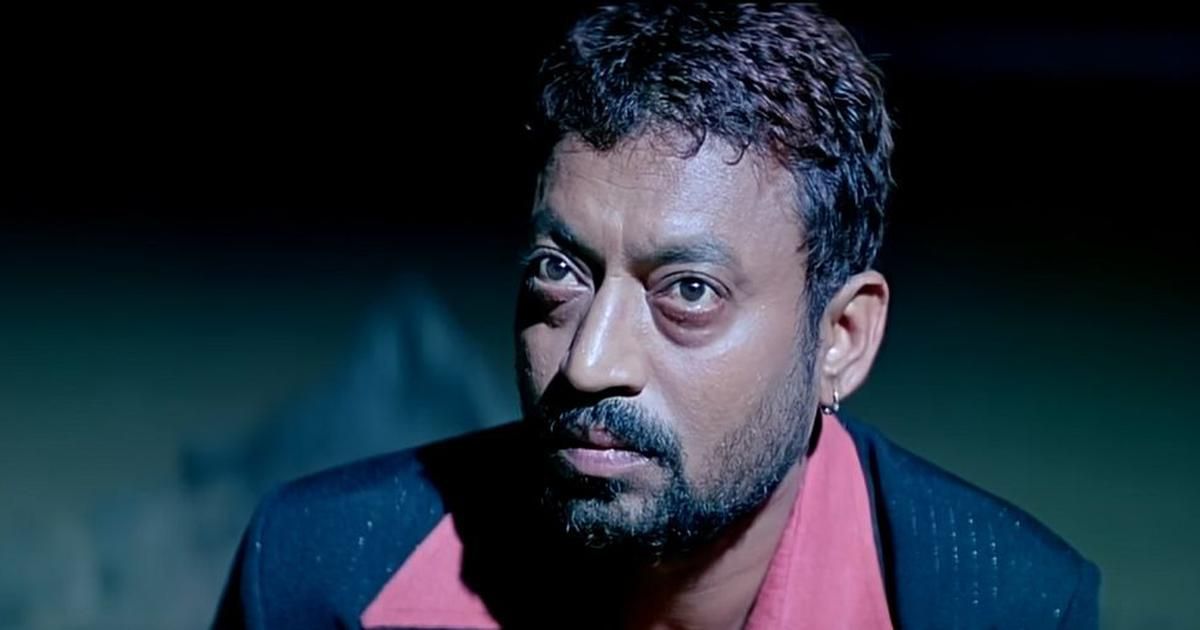
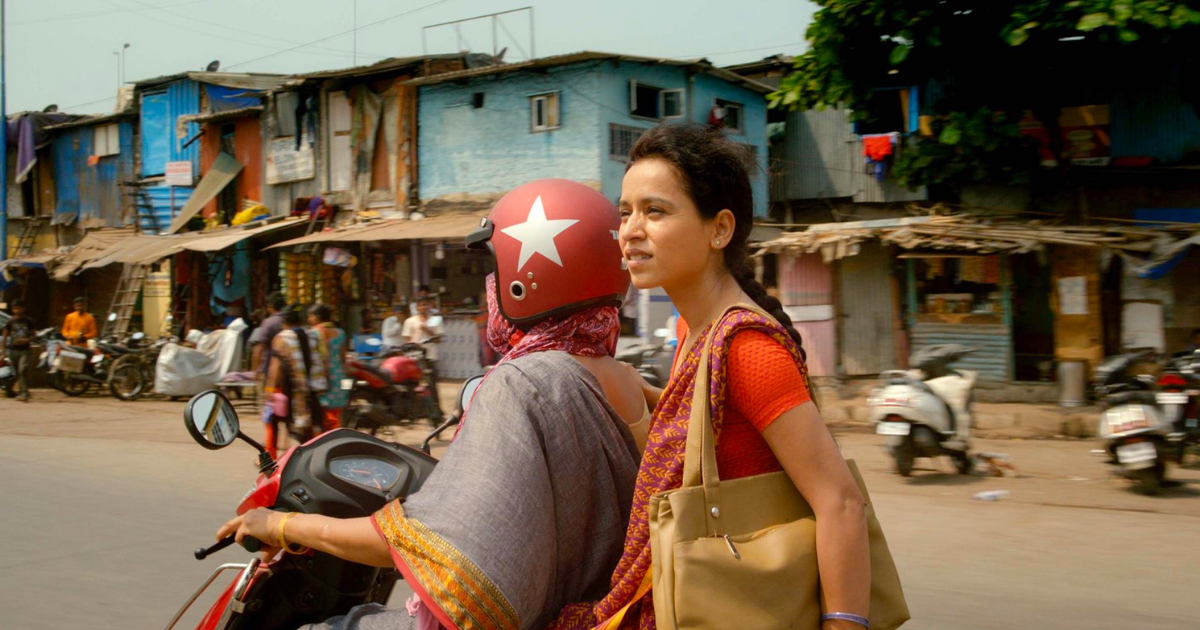
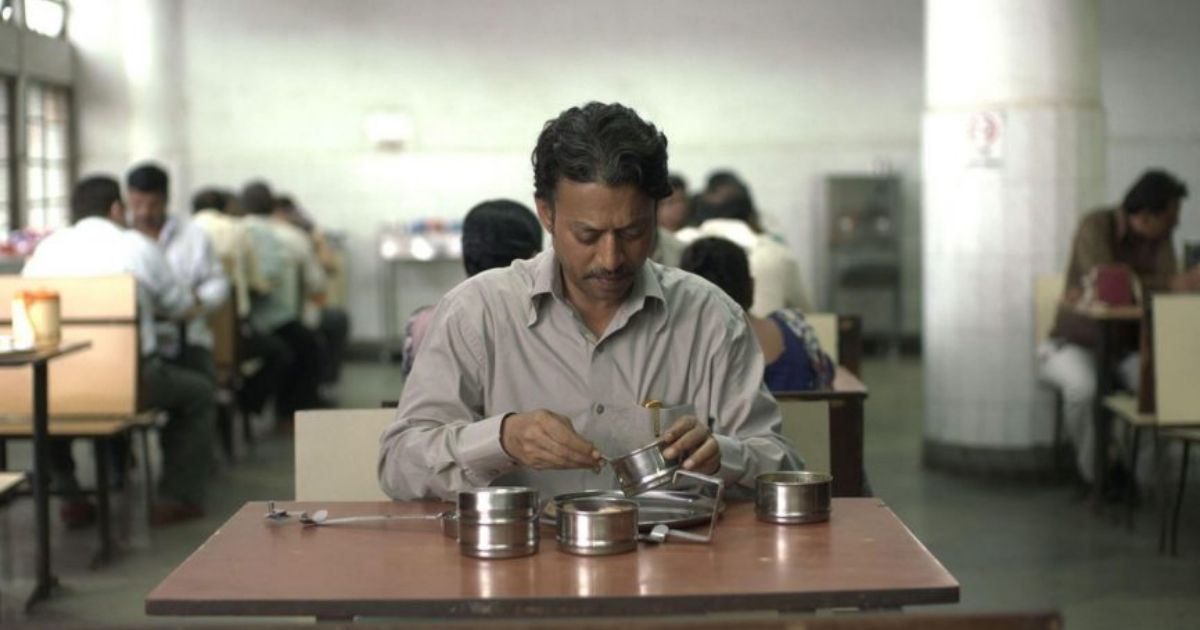
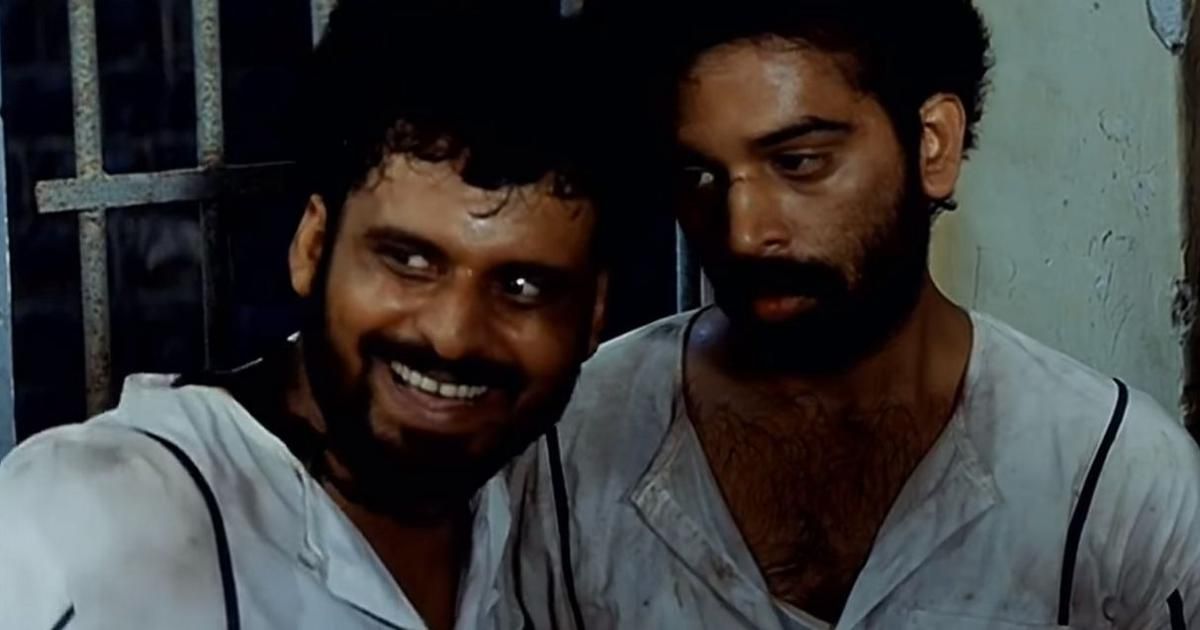
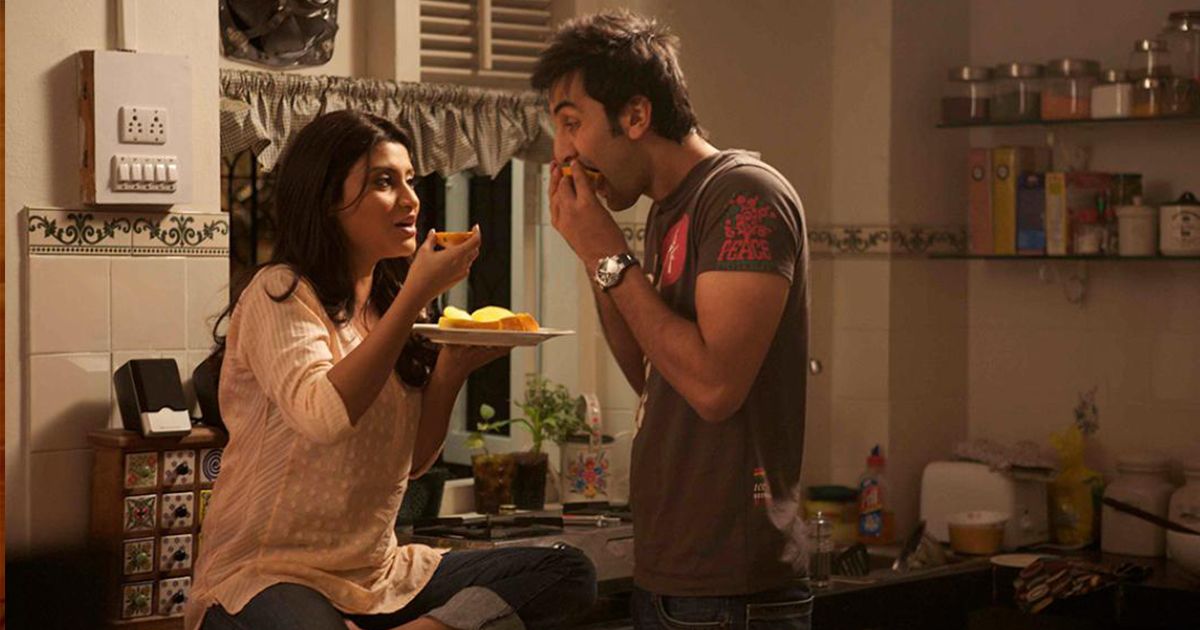

Comments
Post a Comment